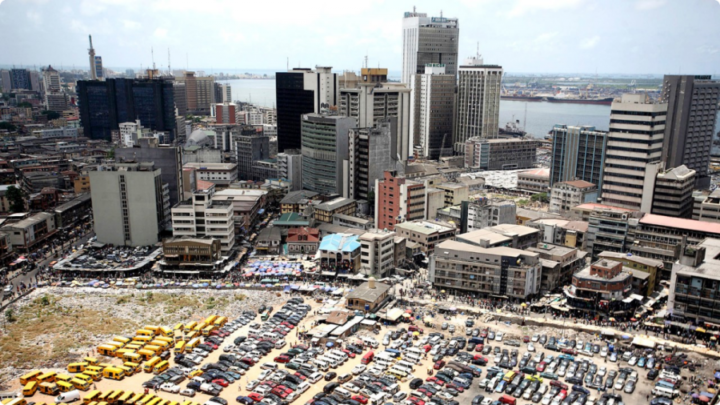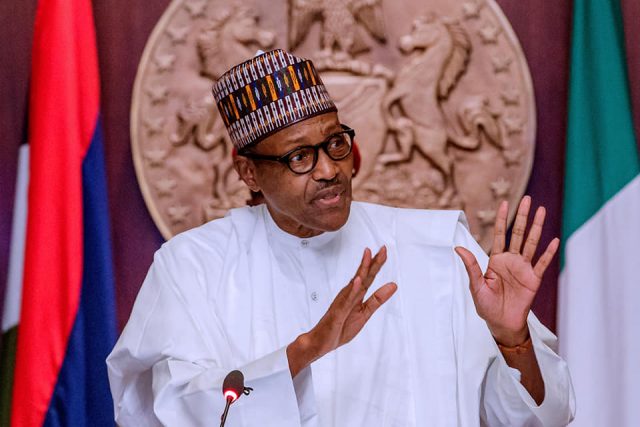There are higher expectations for Nigeria’s economic recovery after the fastest growth since 2015 was recorded during the fourth quarter of last year.
As the nation draws further away from the worst effects of the recession, several important economic benchmarks show further signs of
improving economic stability.
Yearly gross domestic product (GDP) for 2019 is heading steadily towards a range of 2–2.3 percent compared to 1.93 percent in 2018. In addition, purchasing power parity (PPP) and GDP per capita appear stronger.
On the downside, real GDP growth is underperforming on average compared to other emerging economies, possibly due to the lingering
effects of global oil price volatility and weaker growth in the manufacturing sector.
Advertisement
In spite of the headwinds, Nigeria has the potential to grow in 2019 on the back of stabilizing oil prices. There is new impetus to diversify away from oil reliance and the chance to focus on economic rebuilding. Inflationary pressures are cooling off after reaching intense heights this time last year.
In February 2019, inflation declined to 11.3% which – when compared to the level of 13.3% in March 2018 – is a more encouraging position. If the downward trajectory continues and inflationary spikes are avoided, prices could stabilize further.
Boosting the manufacturing sector could contribute to jobs creation and reduce unemployment which is currently high at around 23 percent.
Advertisement
A focus on creating jobs in the manufacturing and services sectors would tap into the massive potential in the labour market, adding to GDP growth in the long term.
Stabilizing Nigeria’s oil and gas sector is critical to continued growth because it accounts for around 10% of GDP and an estimated 83% of exports. There are signs of stability and improvement in the areas of foreign investment, foreign currency reserves, and monetary policy.
The Central Bank of Nigeria unexpectedly cut interest rates in March to 13.5% from 14% in an effort to stimulate economic growth. The latest reports show increased investment in sovereign bonds, likely due to the pause on interest rates in the US increasing attraction towards emerging economies and their investment opportunities.
Foreign reserves are at a healthy level of $44 billion at the time of writing.
Advertisement
While internal economic conditions are seen improving, external risks could impact on Nigeria’s growth. Global trade developments, China’s slowdown and the effect on global growth may all present headwinds. Brexit uncertainties and developments are also a factor given the level of foreign direct investment from Britain and the weaker Pound Sterling.
On the plus side, a vulnerable dollar and dovish Federal Reserve could be good news for the Naira as investors search for higher-yielding instruments versus the USD.
Add a comment







